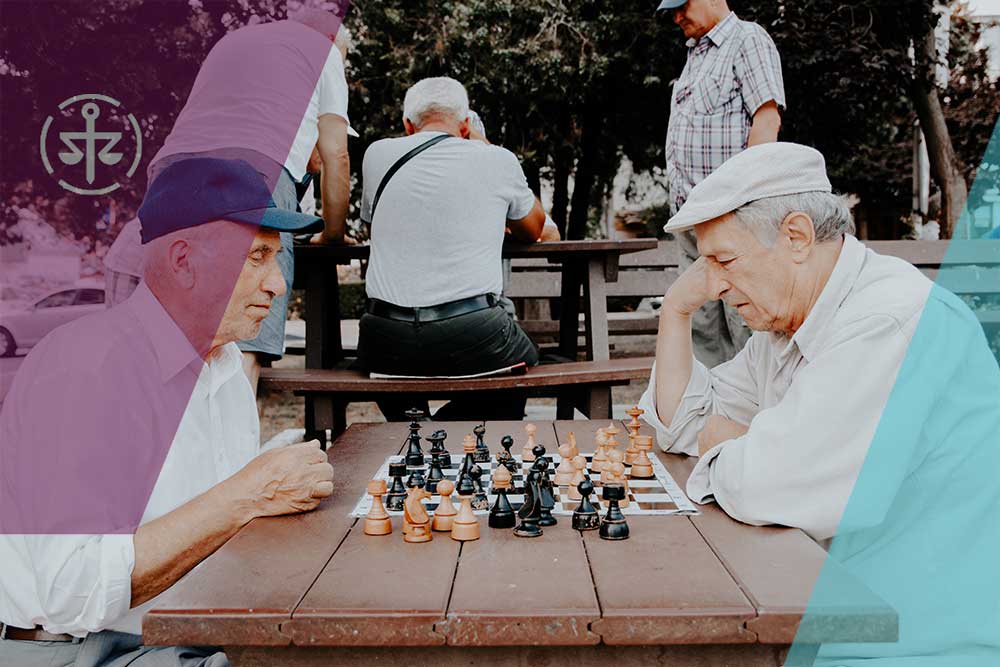Dying Matters awareness week 2020 runs from 11th May to 17th May.
This year’s theme is ‘Dying to be heard.’
Starting a conversation about death is never easy, especially with someone who is terminally ill or elderly, but we will all die one day. Having a conversation about death will not bring death any closer. Discussing your death with your loved ones means you can emotionally and practically equip them for your death by letting them know your wishes in respect of:
- The type of care you’d like towards the end of your life;
- Where you’d like to die;
- How long you want doctors to be treating you;
- Funeral arrangements;
- Your will;
- Care of dependents – children or parents, for example;
- Organ donation;
- How you’d like to remembered.
Losing a loved one can be heartbreaking, by having a conversation about your death and how you would like your funeral and affairs dealt with after you are gone you will make life slightly easier for those you have left behind.
If you do not discuss your funeral wishes who will know whether you would like the be buried or cremated or what kind of service, if any, you would like?
If you do not make a Will who will look after your infant children after your death?
We often see people trying to locate a Will of someone who has recently died, desperately trying to find out their funeral wishes, often they’ve never discussed whether they’ve made a Will yet alone what would happen on their death. By not having a conversation about death you will not be doing your loved ones any favours by trying to shield them from the inevitable. Instead, you may well be creating a lot more work and distress for them at a time when they are grieving.
For many, death is a taboo subject, or one to be saved for nearer the time. The trouble is that often when that time comes it is too late.
We often see clients who say they have tried to discuss their end of life care wishes, funeral wishes or Will with loved ones however their loved ones find it too upsetting to think about or to discuss.
The 2020 theme of Dying To Be Heard will focus on how to help by listening. How many people want to talk about death, but feel they have no one to talk to about it? How many people are Dying To Be Heard? If someone is ready to have a conversation about their death, we all need to listen to ensure that their wishes are known and respected and that any concerns they have can be addressed so that they can die in peace.
How Cunningtons Wills and Probate solicitors can help
At Cunningtons we are here to listen.
We offer legal and practical advice on planning for death.
For example, Will allows you to:
- Appoint people to manage your affairs after your death.
- Appoint guardians for your infant children.
- Direct who is to inherit your assets.
- Set out your funeral wishes.
Lasting Powers of Attorney
We can also help with a Lasting Power of Attorney for Health and Welfare. This will allow you to appoint someone you trust to make decisions about your health and welfare if you become mentally incapable of doing so yourself.
Such decisions may include:
- What type of care you receive;
- What type of medication you take;
- Where you live;
- Who visits you;
- Whether or not you receive life-sustaining treatment.
If you wish to discuss any of these matters please contact the Wills and Probate team by telephone on 01376 567280 or by email at bryony.wilmshurst@cunningtons.co.uk.

